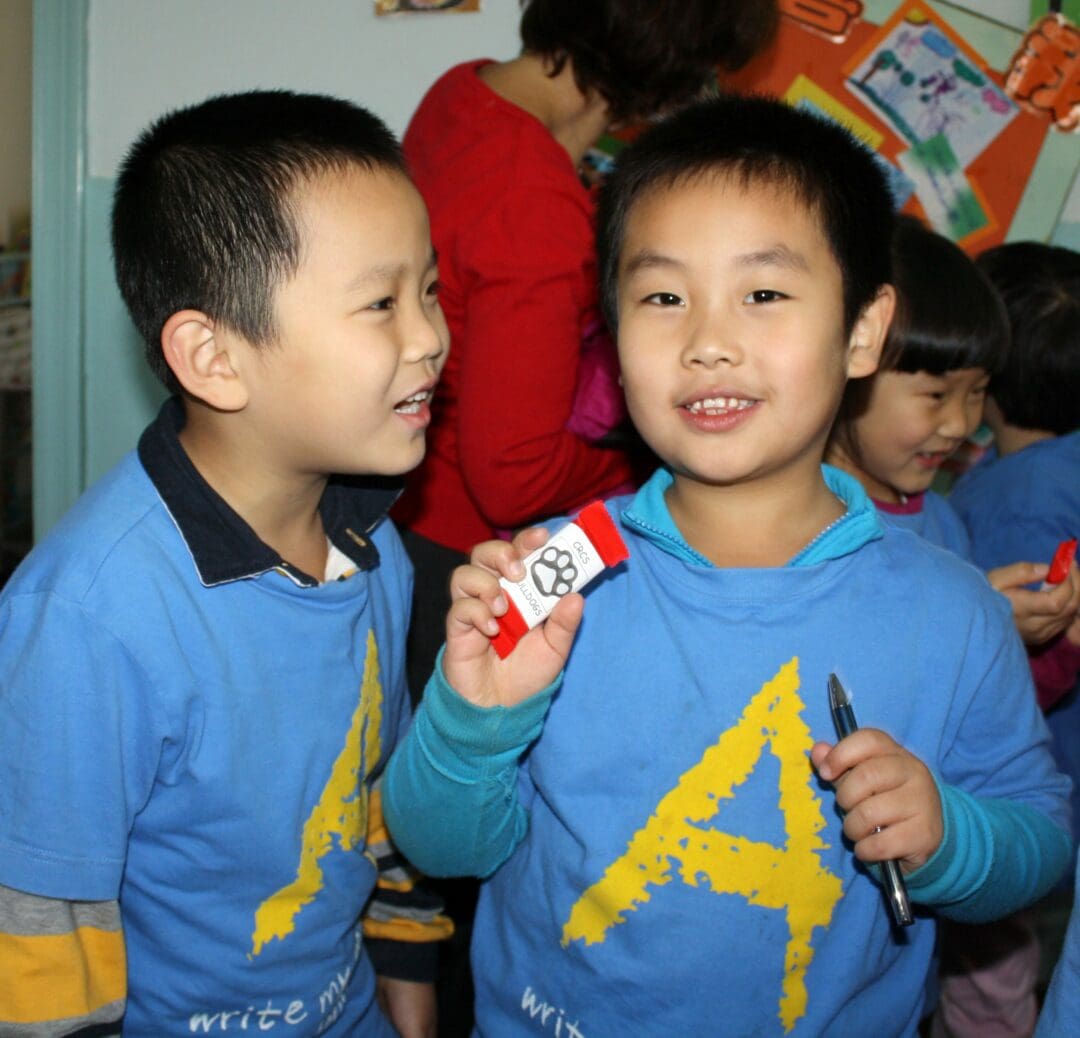Eighteen Capital District educators returned on Monday, Nov. 14, from a 10-day trip to China where they talked to students and toured schools. Representatives from Tech Valley High School (TVHS), Capital Region BOCES, Questar III Boces, Schalmont, Schoarie, Catskill and Cobleskill-Richmondville schools made up the delegation that flew to the Far East in search of “partnerships that will broaden the horizons of area students,” according to information from TVHS. Schalmont School Board President Sandra Beloncik said though the trip’s purpose was to share information and gain insight into China’s educational practices. She felt U.S. educators shared valuable insight with their Chinese counterparts, too. “I think we have great practices. We’re really going into the 21st century ahead of them and I think our trip was more to help them in learning about some of the things that we do,” said Beloncik. Among those American educational values shared was hands-on and collaborative learning and teaching. “We showed them hands-on rather than just teachers standing at the head of the class,” said Beloncik. “Integrate subjects. … So if you’re going to have a science project have math and history in it.” There was much about the Chinese education system that was surprising, enlightening and very different from things back home, said Beloncik. For example, at the TVHS sister school Tianjin High School No.41, a large chunk of the student population live in dormitories. “Probably 80 if not 90 percent of high school students live in dormitories on campus because they want their children at their desks at 7 a.m.,” said Beloncik, adding that even one middle school had dorms for students. Living away from home before college wasn’t the only extreme difference. The length of the school day was also a lot longer. “Usually the basic time is 7 a.m. to noon and then they come back 2:30 to 5 or 6 p.m. Then they have dinner and work another two hours on homework,” said Beloncik. “Something like that really impresses you.” Class sizes were much larger than American students would be used to, said Beloncik, who saw high school classes with as many as 40 to 60 children. “To me that’s just not manageable,” said Beloncik.
The Chinese approach to foreign language was also quite different than the way most American schools teach languages, with students taking English classes starting in elementary school. “We visited six schools. … All of the students have to learn English, it’s mandatory,” said Beloncik. “We went into a 3-year-old class who were learning English.” Beloncik said that emphasis on foreign language is shared back in the states.
“They’re making sure their children, this generation, is learning English,” she said. “Over here in this country, I know at Schalmont and at TVHS, we’re making sure Mandarin Chinese is being taught because we know that’s an important language.” Erin Lasky, a social studies teacher at Colonie Central High School, was also part of the education contingent. On the South Colonie School District website, Lasky offered her own reflections. “Before I left for China, one of my students asked me to find out, ‘Why are the Chinese students beating us at everything?’” said Lasky. “After my trip, I can say that we both have things to learn. … We learn about ourselves through comparison to others and a future relationship with a Chinese school will provide us both with the tools to improve our teaching and learning.” Last year, Colonie Central High School and TVHS played the role of host to a delegation of 32 students and four educators from Tianjin High School No. 41 in China. The trip wasn’t all work and no play. Beloncik said the chances to sightsee were eye opening.
“We went into the city of Beijing, with 27 million people, and driving around it was 10 times worse than traffic in New York City. All the bicycles and buses were packed,” said Beloncik. “We did see the Great Wall of China and other sites. It was a phenomenal learning lesson, too.” The 18-member delegation is planning to reunite on Monday, Nov. 28, to “debrief,” said Beloncik. For more information and reflections from the trip, visit the blog run by TVHS at http://educationpartnership.blogspot.com.
Area educators return from China trip
Leave Comment



